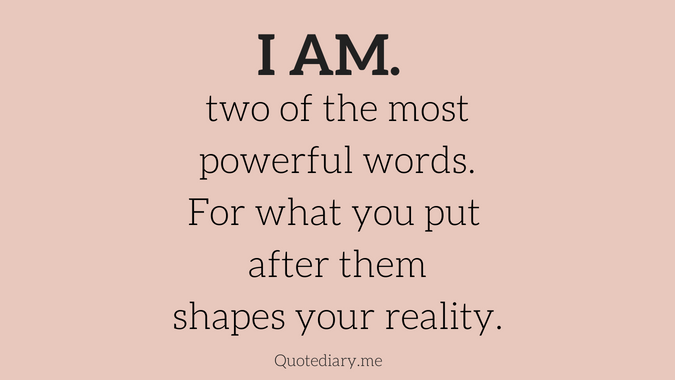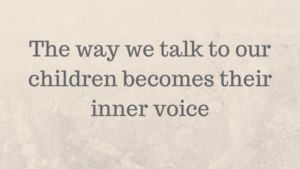I was talking to a friend the other day, she said that she called her parents over the weekend and told them that she felt like her brothers were their priority.
My friend often feels like she does everything for her family and that she gets very little in return. She’s the middle child with an older brother and a younger brother.
My friend is a giver; she very rarely thinks about herself first.
Within her family she’s seen as the strong capable one, and she’s also taken on that role. I will explain that more in a moment.
But for some time now she’s been feeling like her parents don’t put her as a priority or care about her.
She feels her brothers get way more of her parents’ time and attention than she does.
Because of that she felt she needed to say something to her parents to let them know she didn’t feel like a priority.
The only problem was she had years of upset built up and really believed that it was about her brothers getting more than her, versus really telling them how she felt (more on that too, keep reading), so her parents didn’t really respond well to her comment.
So, as she’s telling me this, I could already see what was actually happening, and this happens for so many of us that have taken on the role of being the strong capable “got it together” one in the family.
Once she was done venting, I asked her if I could share a perspective with her that she may not see right now.
She said, “Of course.”
I asked her if she has let her parents in on how she struggles some days or how she needs them sometimes.
She said, “Not really because I’m expected to be the strong one. I’m the one that holds the family together, and to express that to them would feel weird.”
What she meant was it would feel vulnerable.
I expressed to her that so many children take on a “role” in the family that they then play out for the rest of their lives, often subconsciously.
The role they take on comes from translating that they are expected to be a certain way to be loved. It could be a choice that was made after watching a sibling who was a trouble maker or a golden child or maybe the parents explicitly said it’s good to be a specific way.
Regardless, we take on this role as a way to “survive” within our families and to receive the love and attention of our parents or those that have raised us.
But then, we don’t question or even know that we’ve taken this role on, and then we are stuck in it. Feeling like we aren’t getting what we need.
If you’re someone that shows up with your family as strong and capable, you know it can feel isolating. It can feel like you’re expected to give, have all the answers, and be there for everyone. It can also feel like you’re only loved and appreciated when you are strong and capable.
I told my friend, “There is no way for your parents to love you in the way you need, unless you show up more vulnerable.
They probably currently think you don’t really need them. That you tend to figure things out on your own or that you just don’t need as much as the other children.
Let them in on how you struggle some days, and how you end up giving so much that you feel alone or tired at times, or how you want and need their support too.”
My friend immediately said, “That feels so uncomfortable to do.”
“I know it does,” I said. “It’s supposed to. It’s uncomfortable because we’re trying to shift the identity you’ve relied on for so many years.
However, getting uncomfortable in order to allow love in is so important.
Your parents want to know how you’re feeling. They want to support you, that’s what makes them feel good as parents.
If your kids acted like they no longer needed you, how would that feel?”
She got it.
She said, “I will let them in emotionally because what I’m doing now is definitely not working.”
She reported back to me saying how amazing her parents were when she opened up. When she actually expressed how she felt versus blaming them for the way they were being.
She said her parents didn’t realize that she was feeling this way, and how they love her and how she’s just as much of a priority to them as her brothers.
She said, “I feel really loved, which is odd, because I already knew they loved me, but this feels completely different. It wasn’t easy opening up but it was so worth it.
I can also see how I don’t have to keep playing this role with them to be loved, which is something I didn’t even know I was doing.”
Do you identify with being the strong capable one in your family? Tell me in the comment below, are you ready to be more vulnerable?
Note: Maybe you aren’t playing the role of the strong one in your family, but if you’re a parent and notice that one of your children is showing up in this role, it’s so important to check in on them to allow them to crumble in your arms if they need it.
In Love,













